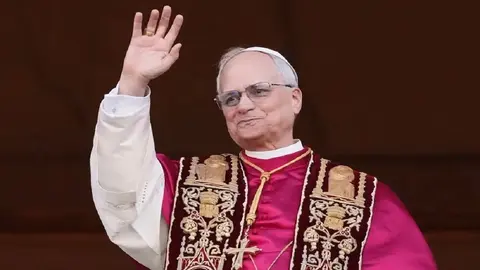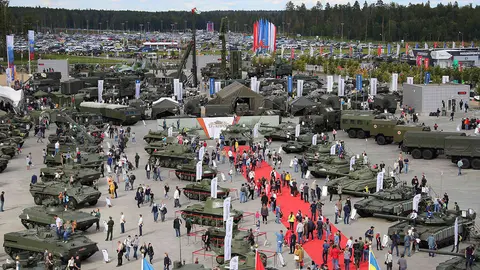Two ways of seeing the world: from Red Square or from St. Peter's Square
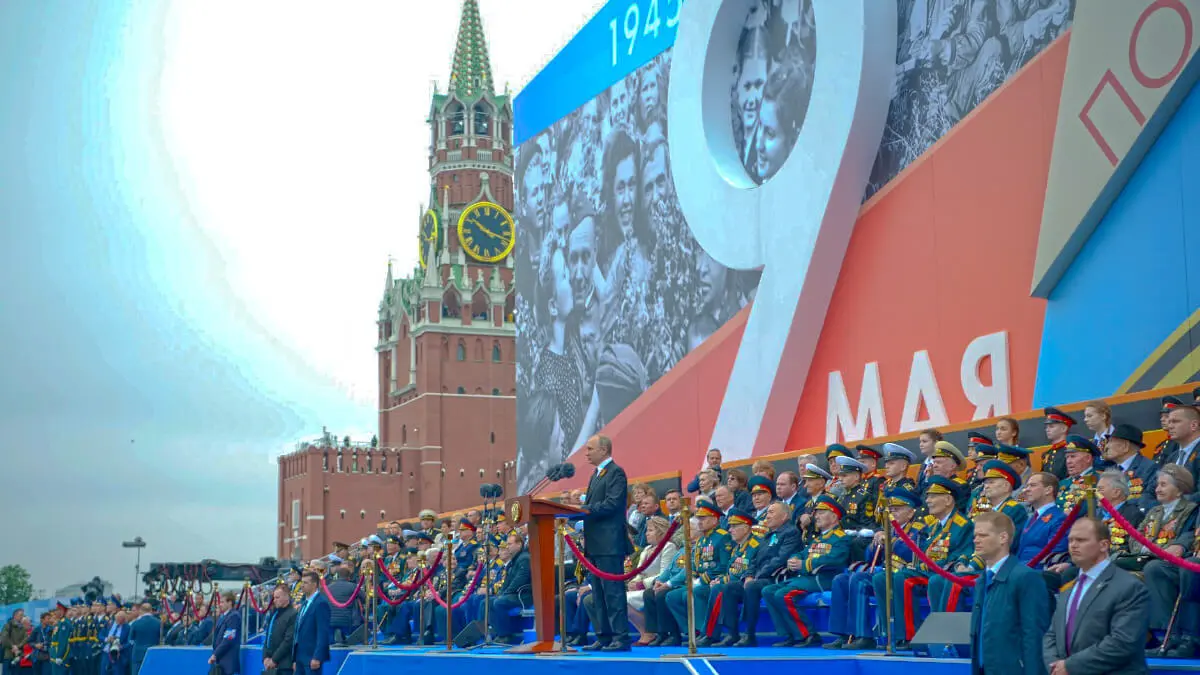
- More than 100 cardinals with Leo XIV and 29 political leaders with Putin
- A great occasion for a grand military parade
Less than 24 hours separate two very recent and important events of great significance. One has been taking place for several decades on this day, 9 May, at 10 a.m. Moscow time, 9 a.m. Spanish peninsular time. It begins at the end of the ten chimes of the beautiful Orthodox church of St. Basil's Cathedral in Moscow's Red Square, the nerve centre of Russia.

The other event, of more historical significance, took place yesterday afternoon, 8 May, in St. Peter's Square in Rome, the heart of the Catholic Church and the Vatican State. Its outcome has no known date or time, but for centuries it has been preceded by white smoke rising from a chimney installed above the Sistine Chapel, announcing to the world that the conclave of cardinals has elected a new Pope.
In the momentous event in Rome, the newly appointed Leo XIV appeared on the central balcony of the main façade of St. Peter's Basilica to show himself to tens of thousands of expectant faithful and curious onlookers who had gathered from all over the world in the large Vatican enclosure.
The face of the new Pontiff has already been broadcast by hundreds of television channels, making him known to billions of people on five continents through television screens, mobile phones and other electronic devices. Christians and non-believers alike already know the new Pope's first words, thanks to the huge amount of media and social networks that have broadcast his initials and repeated calls for peace on Earth.
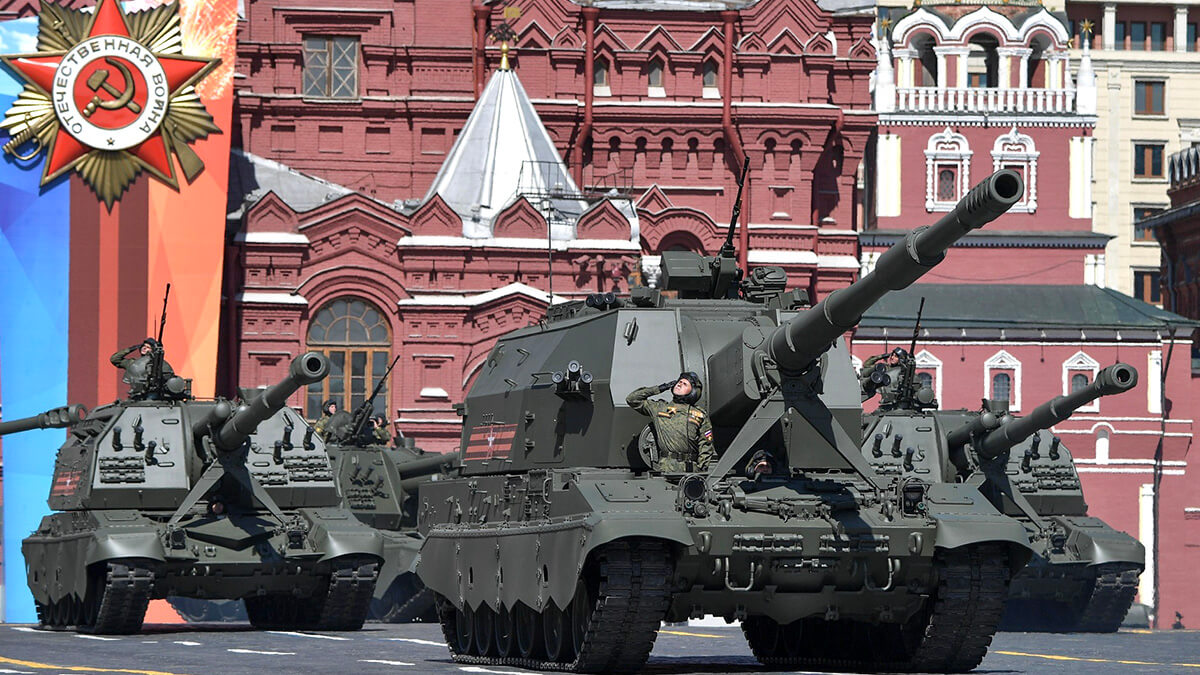
More than 100 cardinals with Leo XIV and 29 political leaders with Putin
The case of Leo XIV is very different from that of Vladimir Putin. Every 9 May, Russia's strongman presides over an impressive military parade to commemorate the defeat of Nazi Germany and the end of the Second World War in Europe, a war that, since Stalin's time, Russians have called the Great Patriotic War.
Both the new Pope and the veteran Russian president have been surrounded during their speeches by important figures from all over the world. Leo XIV had crowded onto balconies near him many of the 132 cardinals who, just a few hours earlier, had acclaimed him as the representative of St. Peter on Earth.

Vladimir Putin invited the presidents of China, Brazil, Equatorial Guinea and Venezuela, Xi Jinping, Lula da Silva, Teodoro Obiang Nguema and Nicolás Maduro, respectively, to accompany him on the podium. All of them listened to his speech in person and witnessed the impressive military parade marking the 80th anniversary of Victory Day, which commemorates Germany's unconditional surrender signed on 9 May 1945.
For such a momentous occasion, Putin also wanted to be joined by the top political leaders of 25 other African, Asian and European nations within Moscow's sphere of influence: Abkhazia, Armenia, Azerbaijan, Belarus, Bosnia-Herzegovina, Burkina Faso, Congo, Cuba and Egypt.
A great occasion for a grand military parade
The presidents of Slovakia, Ethiopia, Guinea-Bissau, Kazakhstan, Kyrgyzstan, Laos, Mongolia, Myanmar, South Ossetia, Palestine, Serbia, Tajikistan, Turkmenistan, Uzbekistan, Vietnam and Zimbabwe were also in attendance.
More than 10,000 military personnel took part in the impressive military parade in 2025, marching in different formations on foot. They were followed by more than a hundred advanced T-72B3M, T-80BVM and T-90M tanks, the latest versions of combat vehicles, self-propelled artillery pieces, air defence systems and mobile intercontinental ballistic missiles, as well as the best Russian combat aircraft and attack helicopters.
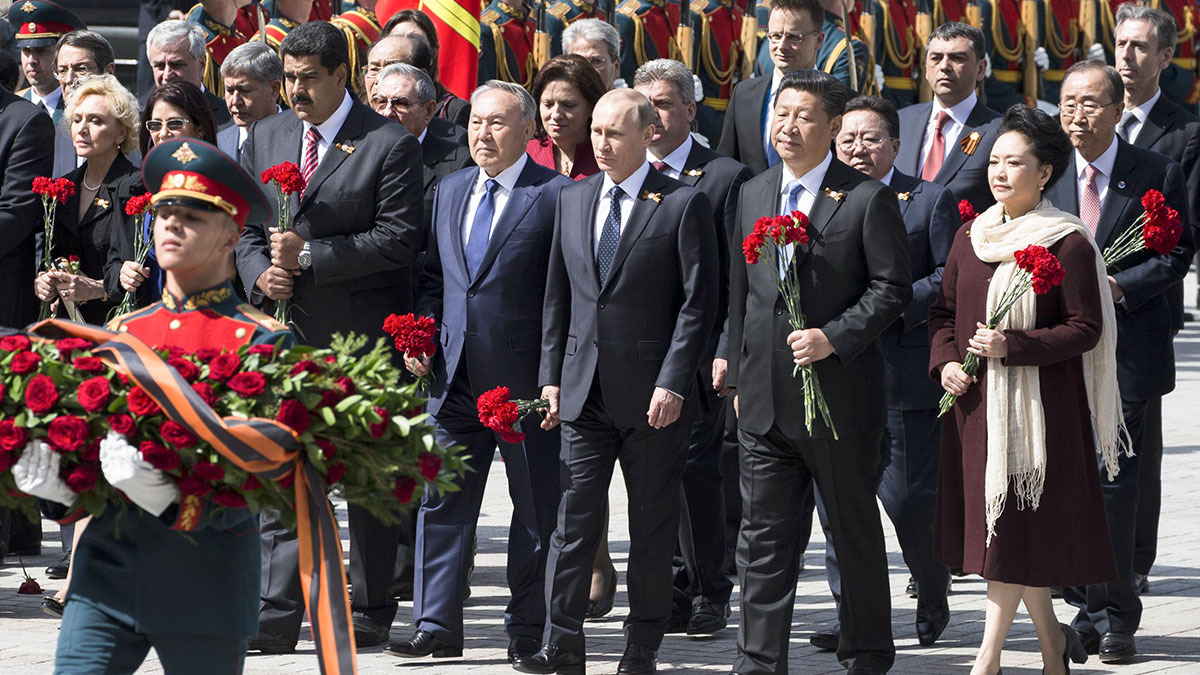
With negotiations between the United States and Russia stalled in the Saudi Arabian capital, in an attempt to reach a ceasefire or peace in Ukraine in exchange for territory, Putin has brought into effect a unilateral truce to mark the 80th anniversary of Germany's defeat by the four allies, the Soviet Union, the United States, the United Kingdom and France.
With no senior political leaders from any EU or NATO nation present at the commemoration, Putin had no choice but to call on his loyalists and those who are on their way to becoming loyalists. He has shown them and the whole world that Russia, despite everything, remains a nuclear superpower and that it maintains a renewed, combat-experienced armed forces, fuelled by its reorganised and powerful defence industry.
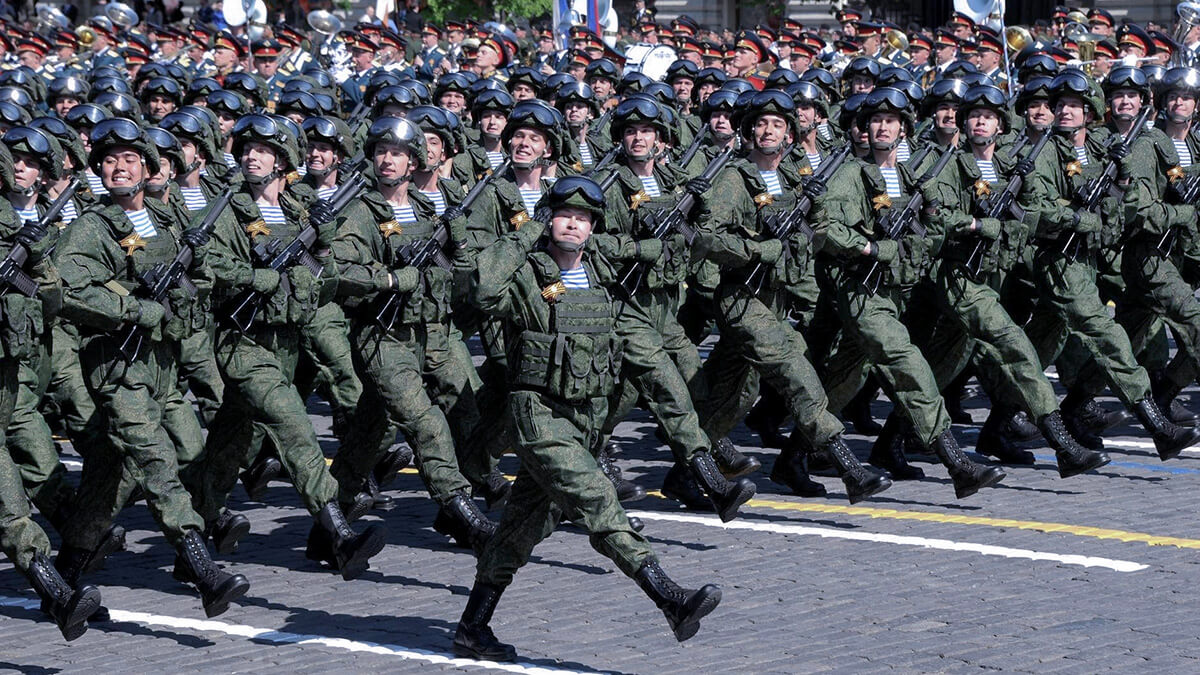
These are armies that are willing to do anything to seize the Ukrainian territories that the Kremlin covets. These are senior military commanders who will not hesitate to defend what they understand to be Russia's national interests wherever they may be. This is a far cry from what Leo XIV has just advocated: ‘building bridges to seek peace’, which the Vatican diplomacy will undoubtedly continue to work towards, directly, indirectly or tangentially.


